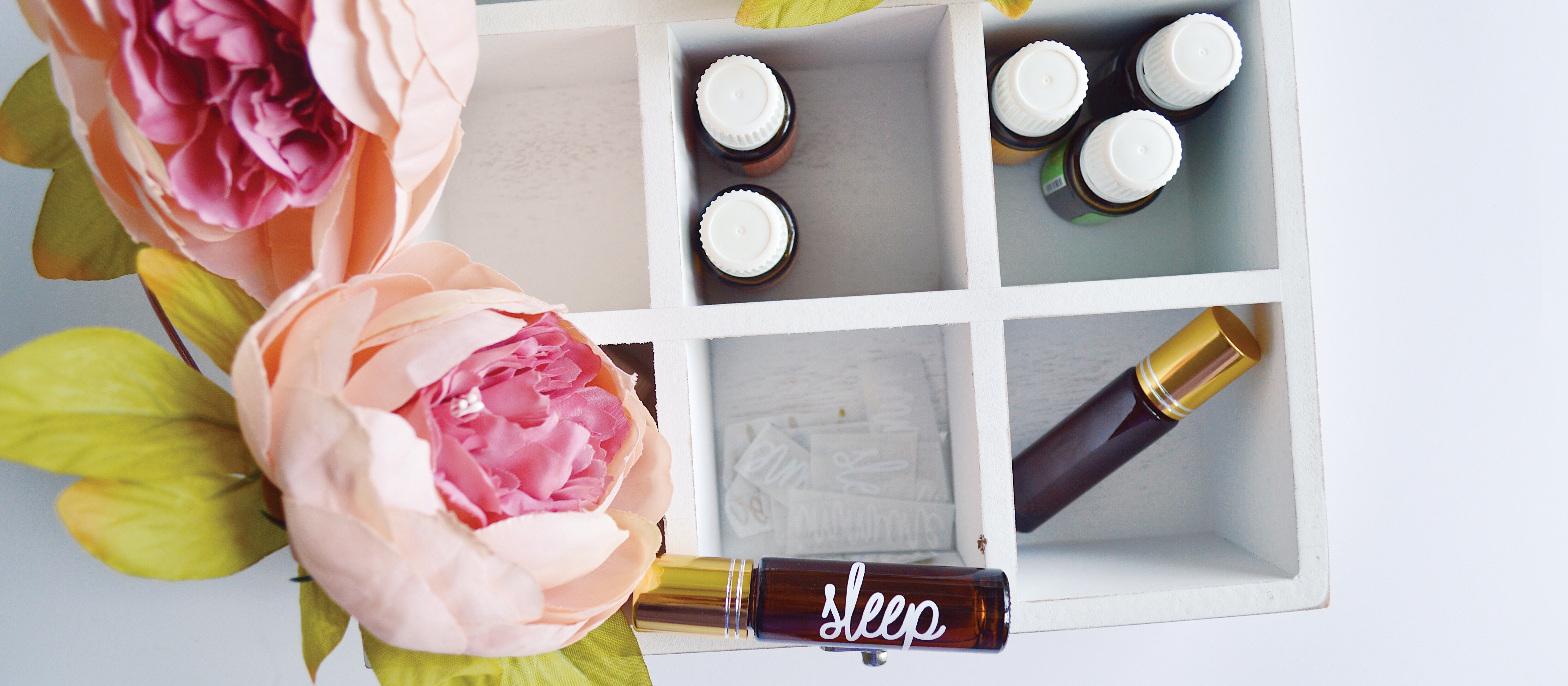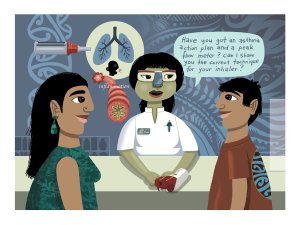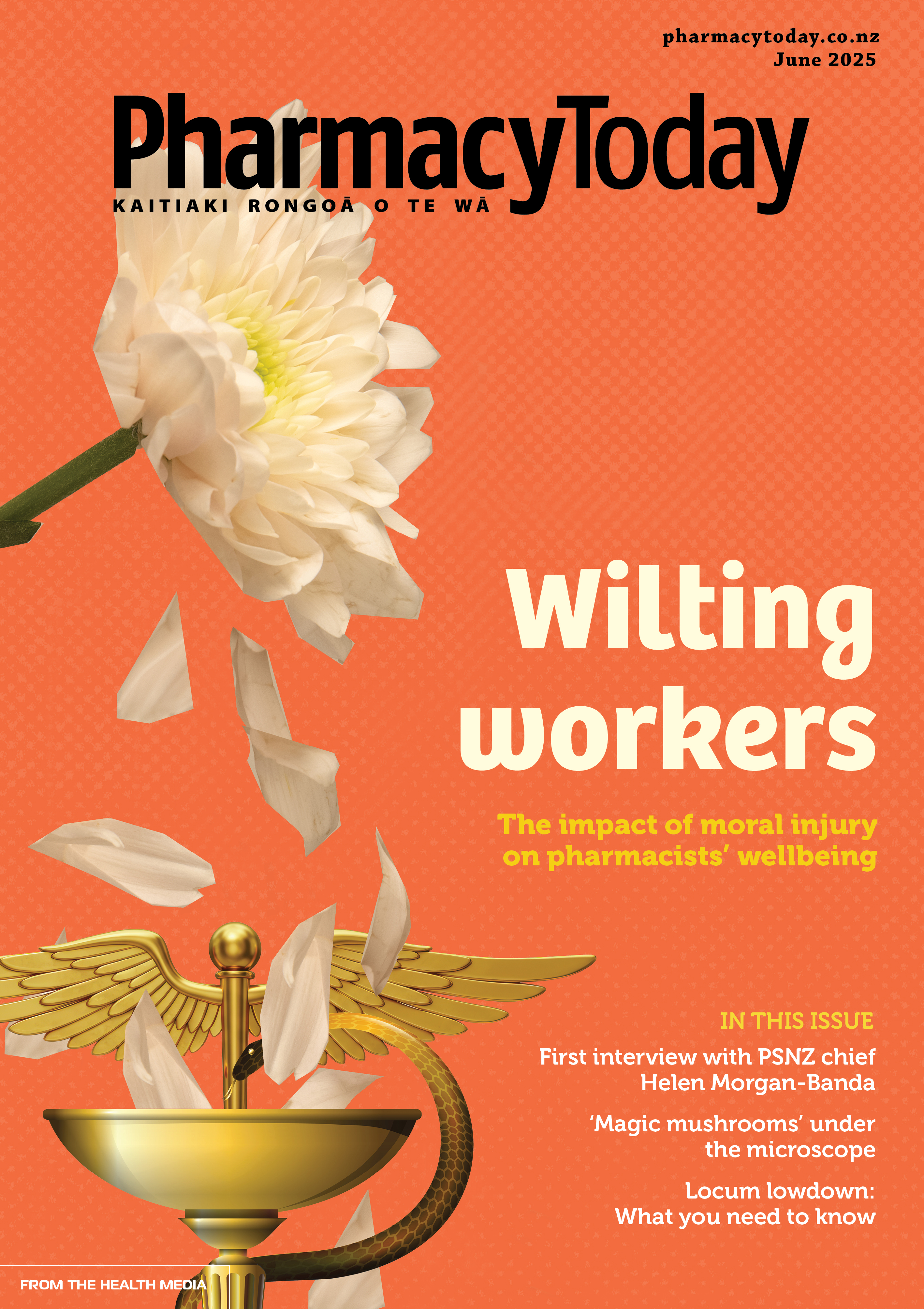Academic pharmacist Nataly Martini discusses the medical management of asthma in adults and adolescents, which has evolved to prioritise early anti-inflammatory treatment. She also explains how to improve patient outcomes by proactively identifying poor asthma control and supporting equitable access to education and treatment
A deep dive into growth of wellness-product sales
A deep dive into growth of wellness-product sales

The emergence and longevity of COVID-19 has reminded New Zealanders that nothing is more important than health. The pandemic has both intensified awareness of, and expanded approaches to wellness, and that impact seems to be here to stay.
An IRI Health & Wellbeing Survey, conducted last May, found that 94 per cent of New Zealanders prioritise health and wellness in some way.1 From concentrating on diet and exercise to using technology such as health-tracking and wellness apps and trying new approaches such as alternative medicine and supplementation.
The online survey was based on a sample of 1000 New Zealanders and representative of the population by gender, age and religion.
2021 has unleashed a greater commitment to action, with a variety of motivating factors behind the change. This has opened a window of opportunity for agile manufacturers and retailers who understand the emerging needs of today’s consumers to deliver new solutions.
Today, nearly two in every three New Zealanders do something to support their health and wellness at least several days a week. According to the IRI survey1 , one in three says they’re doing more versus last year to maintain or improve overall health and wellness. The incidence is higher among women, daily vitamin users and Aucklanders, but also much higher among those aged 18 to 34. Most Kiwis have multiple wellness-focused goals and aspirations, including:
- Improve/maintain physical fitness/
- strength
- Weight management
- Reduce anxiety/stress
- Improve sleep quality/extend hours
- spent asleep
- Increase/maintain energy/stamina
- Improve diet
- Improve/maintain physical appearance
- Improve/maintain mood
- Improve/maintain mental clarity/focus
- Strengthen/maintain immune system.
The IRI survey found that 80 per cent of New Zealanders are actively seeking some form of health benefit by consuming specific foods and beverages or taking vitamin supplements or OTC medications.1 Those taking vitamins or supplements every day stood at 37 per cent1 of survey participants. There is higher incidence among females at 41 per cent and women make up nearly six in 10 of all daily vitamin users.
New Zealanders are taking a more holistic approach to supporting their immunity. No longer just confined to hygiene and supplements, Kiwis are using 3.8 methods on average to maintain strong immune systems.1 These include exercising regularly, practising sleep hygiene to achieve at least seven to eight hours’ sleep, learning ways to minimise stress as much as possible, eating more nutrient-dense food and taking vitamins and supplements.
According to IRI, 46 per cent of New Zealanders say improving their quality of wellness is a goal1 which explains why the natural health sleep category is now estimated to be worth $10.2 million, up 12.3 per cent year on year.3 Equally important is product innovation that supports an overall feeling of being “refreshed and renewed”.
Physical and mental health are intimately connected with 92 per cent of New Zealanders agreeing that mental health is as important as physical health.1 Of the women surveyed, 53 per cent have stress and anxiety management goals.1 Stress and anxiety supplements within the natural health category are now estimated to be worth $8.8 million, with growth at 6.4 per cent outpacing the category.3
It’s not surprising that the survey found that 40 per cent of New Zealanders believe food can be as powerful as medicine.1 The nation is developing a greater connection with food including a desire to know where it’s from and how it’s being produced. When asked, 85 per cent of Kiwis told IRI they followed a specific approach to diet.1 Eating a balanced diet, practising moderation, eating less sugar, reducing alcohol, introducing meat-free days and eating smaller portions are some of the most popular ways New Zealanders are managing their diets.
No longer a marginalised minority or a short-term fad, healthy eating is becoming mainstream. There is a blurring of the lines within the natural health category as food manufacturers create healthier options, plant-based innovations and functional foods to deliver more nutrient-fuelled offerings. Products with “immunity” on their labelling showed annual growth of 15.2 per cent. Probiotic-type foods and beverages grew at 47.3 per cent and collagen-enhanced innovations grew at 306.7 per cent, although from a much smaller base.4
All of this speaks to the current consumer appetite for healthier options.
IRI believes it’s more important than ever to have an up-to-date view of health and wellbeing attitudes, motivations and behaviours that differentiate and drive consumers. IRI advises clients to commit to a benefits-driven approach that addresses the multidimensional needs that drive consumers’ self-care behaviours.
The evolution of self-care5 has been fuelled by a wide variety of factors; many began before the pandemic and have been wildly accelerated because of it. The IRI survey1 demonstrates how Kiwis are responding to these global trends:
- Technology is enabling the democratisation of healthcare, evidenced by the growth of telehealth, use of devices and emergence of fitness apps. The IRI survey found that 43 per cent of New Zealanders love using technology to support health and wellness.1
- Consumers are focused on better ways to manage food and hygiene. COVID-19 has served as a reminder of the power of regular hand-washing and has introduced extra hygiene rituals. People are now encouraged to stay at home when sick, challenging the common Kiwi ethos to “suck it up and carry on”. The Government has also extended sick leave to 10 days so that workers are not financially penalised when sick.2 Many employers have embraced a more flexible working model allowing employees to spend more time working from home.
- Consumer agency and preventive action has continued to rise, as New Zealanders shift from a focus on “sick care” to a focus on “well care”. The higher-than-average growth in sleep-related products, and interest in addressing anxiety are all examples of this.
- New Zealanders are selfstarters. A massive 84 per cent of survey respondents primarily rely on their own actions to support their health and wellness1 .
- New Zealanders’ confidence in their ability to take charge of their own wellbeing is relatively high, with 62 per cent saying they’re confident about protecting and improving their health1 . And more than three-quarters of those surveyed agree good health is worth the extra effort and expense.
- “Snackable” self-care has provided consumers with attainable approaches to wellness that eliminate the previous all-or-nothing focus and allow them to embrace achievable “wellness moments”. Consumers are now more aware of the importance of mindfulness, and the IRI survey shows there is greater awareness of the impact stress can have on the immune system. With time being at a premium, consumers are looking for achievable “snackable solutions” – smaller or less timeconsuming movements towards the goal of “a better me”.
Julie Bramley is market insights and research consultant for IRI New Zealand. IRI is a global data analytics and insights company working predominantly within the FMCG (fast-moving consumer goods) environment
-
IRI NZ Health & Wellness Survey May 2021, n=1000. Powered by Yabble
-
IRI MarketEdge, New Zealand, Grocery MAT to 04/04/21, Pharmacy [Modelled] MAT to 04/04/21
-
Market Edge Grocery, New Zealand, MAT to 04/04/211
-
Extracts have been used from IRI’s The Evolution of Self-Care by Mindy Albuck & Lynne Gillis






